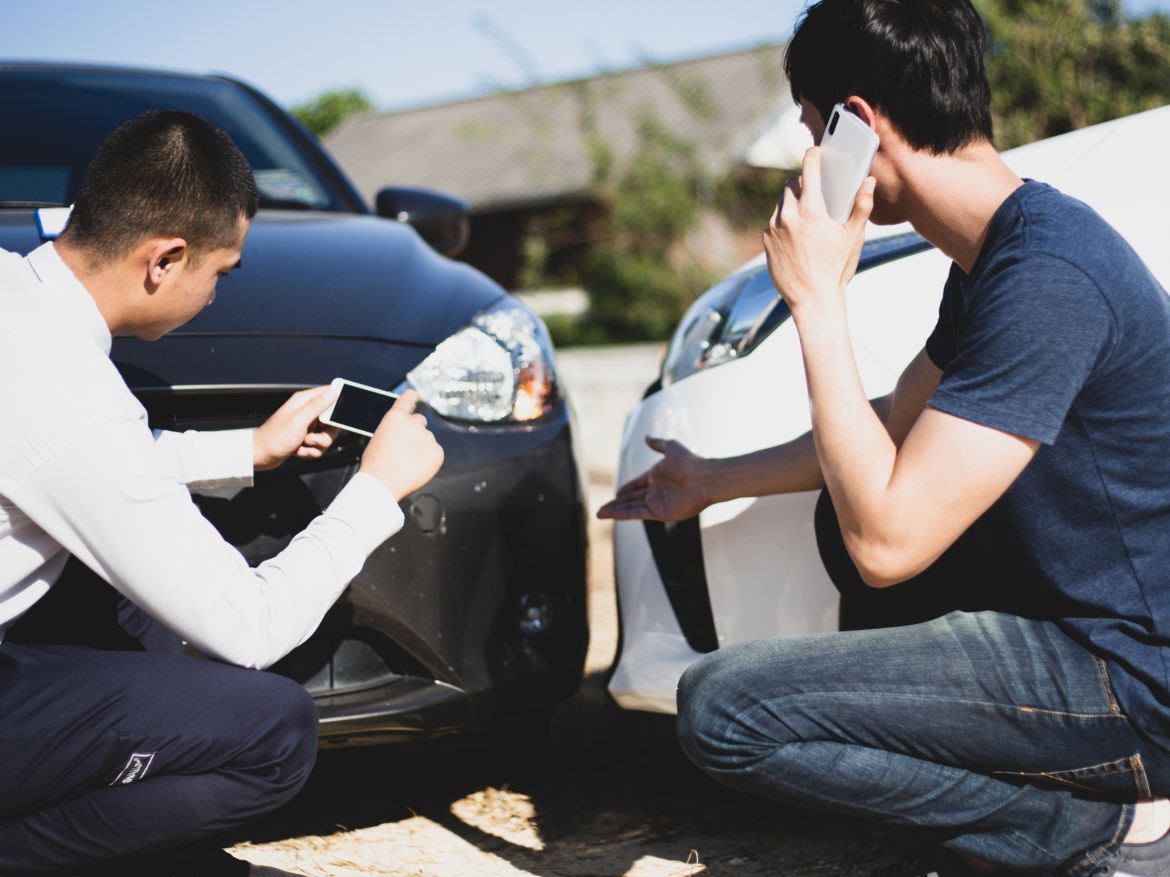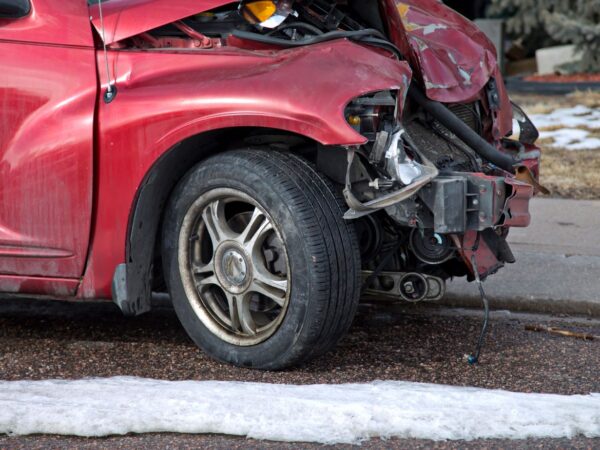
How Does Insurance Work in a Rideshare Accident?
Rideshare services such as Uber and Lyft have become an essential mode of transportation for millions of people. However, with their rise in popularity comes the increasing occurrence of accidents involving rideshare vehicles. When a rideshare accident occurs, determining who is financially responsible for injuries and damages can be complex. Insurance coverage in these situations depends on multiple factors, including who was at fault, the rideshare driver’s status at the time of the accident, and the insurance policies in place.
Understanding how insurance works in a rideshare accident is crucial for passengers, drivers, and other affected parties. In this detailed guide, we explore the various insurance policies that apply to rideshare accidents, how liability is determined, and what steps to take to secure fair compensation.
1. Who Is Responsible for Coverage in a Rideshare Accident?
Rideshare accidents differ from typical car accidents because multiple parties may share liability. Depending on the circumstances, coverage could come from:
- The rideshare driver’s personal auto insurance policy.
- The rideshare company’s insurance policy.
- Another at-fault driver’s insurance policy.
Liability is determined based on the driver’s activity at the time of the accident, and the coverage available varies depending on whether the rideshare driver was logged into the app, transporting a passenger, or offline.
2. Insurance Coverage Based on Driver Status
Scenario 1: The Rideshare Driver Is Offline
If the driver is not logged into the rideshare app at the time of the accident, the incident is treated like a standard car accident. In this case:
- The driver’s personal auto insurance policy is the primary coverage.
- Rideshare company insurance does not apply.
- If the driver was at fault, the injured party must file a claim against their personal policy.
Scenario 2: The Rideshare Driver Is Logged In But Has No Passenger
If the driver is logged into the app but has not yet accepted a ride request, rideshare companies provide limited liability coverage:
- Uber and Lyft provide third-party liability insurance with coverage up to $50,000 per person, $100,000 per accident for bodily injuries, and $25,000 for property damage.
- This coverage applies only if the driver’s personal insurance denies the claim or does not fully cover the damages.
Scenario 3: The Rideshare Driver Is Transporting a Passenger or En Route to Pick One Up
Once a driver has accepted a ride request and is actively transporting a passenger, the rideshare company provides full coverage:
- $1 million in third-party liability coverage
- Uninsured/underinsured motorist coverage
- Contingent collision and comprehensive coverage (if the driver has their own collision insurance)
This extensive coverage applies to injuries sustained by passengers, other drivers, pedestrians, and the rideshare driver.
3. How Passenger Claims Are Handled
As a rideshare passenger, you have multiple options for seeking compensation if you are injured in an accident:
- If the rideshare driver was at fault: You can file a claim under the rideshare company’s $1 million liability policy.
- If another driver was at fault: You can file a claim against the at-fault driver’s insurance policy.
- If the at-fault driver is uninsured or underinsured: The rideshare company’s uninsured motorist coverage may apply.
Passengers should always document the accident, seek medical attention, and contact a personal injury lawyer if necessary.
4. What Happens If a Third Party Is Injured by a Rideshare Driver?
If a pedestrian, cyclist, or another motorist is struck by a rideshare vehicle, their legal options depend on the driver’s status:
- If the driver was offline, the driver’s personal insurance applies.
- If the driver was logged in but had no passenger, limited rideshare liability coverage applies.
- If the driver was carrying a passenger, the $1 million rideshare policy provides compensation.
Victims should collect driver information, document injuries, and file claims accordingly.
5. Challenges in Rideshare Insurance Claims
Filing insurance claims for rideshare accidents can be complex due to disputes over liability and insurance coverage. Common challenges include:
- Insurance Companies Denying Liability: Personal auto insurers may deny claims, arguing that the driver was using the vehicle for commercial purposes.
- Rideshare Companies Disputing Coverage: Uber and Lyft may attempt to limit their liability, especially in ambiguous cases.
- Multiple Insurance Policies Involved: Determining which policy applies and coordinating between insurers can be difficult.
To overcome these challenges, it is often necessary to work with an experienced personal injury attorney.
6. Steps to Take After a Rideshare Accident
If you are involved in a rideshare accident, follow these steps to protect your rights and maximize your compensation:
1. Seek Medical Attention
Even if injuries seem minor, get checked by a medical professional. Some injuries may not be immediately apparent.
2. Report the Accident
- Call 911 to report the accident and obtain a police report.
- Report the incident to the rideshare company through their app.
3. Gather Evidence
- Take photos of the accident scene, vehicle damage, and any visible injuries.
- Obtain contact information from all drivers, passengers, and witnesses.
- Screenshot the rideshare app showing ride details and timestamps.
4. File an Insurance Claim
- Contact the appropriate insurance provider (personal insurer, rideshare company, or third-party driver’s insurer).
- Keep records of all medical bills, lost wages, and repair costs.
5. Consult a Personal Injury Attorney
A lawyer can help you navigate the claims process, negotiate with insurers, and file a lawsuit if necessary.
7. How a Lawyer Can Help in a Rideshare Accident Case
An experienced personal injury attorney can:
- Determine liability and identify which insurance policies apply.
- Gather evidence to support your claim.
- Negotiate with insurance companies to ensure fair compensation.
- File a lawsuit if insurance settlements are inadequate.
Having legal representation increases your chances of receiving full compensation for medical bills, lost income, and pain and suffering.
Understanding Rideshare Insurance Is Essential
Rideshare accidents involve multiple layers of insurance coverage, making it essential to understand how policies apply in different scenarios. Whether you are a passenger, driver, or third party injured in a rideshare accident, knowing your rights and the available insurance options can help you secure fair compensation.
If you have been involved in a rideshare accident, contact LA Personal Injury Attorneys for a free consultation. Our legal team specializes in handling rideshare accident claims and will fight to ensure you receive the compensation you deserve.


